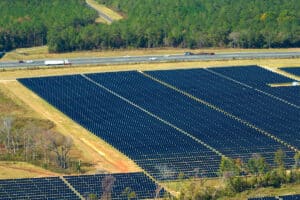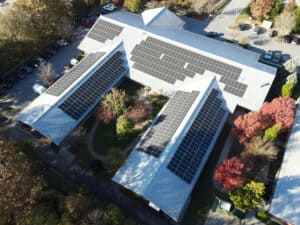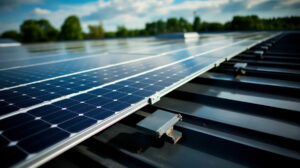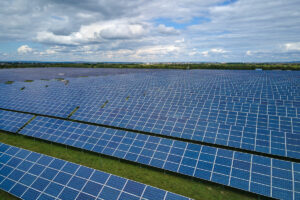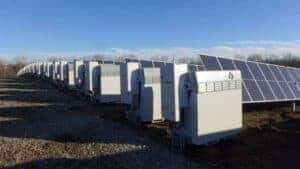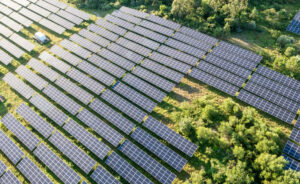According to Inverse, roughly 72 million new homes will have access to solar-powered renewable energy by the year 2030. Fortunately, decentralized power systems are helping expand energy access at a more rapid rate. It is becoming cheaper – and more sustainable – to give areas access to renewable energy.
In Fact, Bloomberg New Energy Finance sees decentralized power systems as the key to expanding energy access. 14% of the world (over 1 billion people) are still living without access to energy.
The International Energy Agency recently assessed that achieving global energy access would take an over-$700 billion investment in the industry. Bloomberg, however, believes that these assessments overestimate costs by almost $400 billion.
Bloomberg New Energy Finance head researcher Itamar Orlandi estimates that current investors will spend $160 billion on expanding energy access.
As a result, Orlandi believes the industry will only require an additional $191 billion to achieve global access to power.
How Can Decentralized Power Systems Help?
The United Nations recently had a High-Level Political Forum meeting on Sustainable Development.
Due to threats posed by global climate change, the U.N. has been steadfast in their attempts to help initiate transitions to renewable energy.
On the path to 2030, the UN committed to a “leave no one behind” energy policy.
Li Yong, the director of the UN’s Industrial Development Organization, believes that community involvement is pivotal.
Unlike the current centralized non-renewable power grid system, decentralized renewable power systems are the future for energy generation and storage.
Yong supports investment in low-carbon infrastructure and the deployment of leap-frogging technologies.
Bloomberg researcher Orlandi envisions a snowball effect on the horizon in favor of the renewable energy community.
Traditional companies may cling to the areas where centralized power systems are still viable. However, Orlandi believes this won’t last past the mid-2020s.
As pre-existing power grids become less and less cost-efficient for areas with modest energy consumption, solar systems and community-level microgrids become the more cost-effective solutions.
Technological advancements, cheaper components, and established renewable energy companies will grease the wheels on the path to 2030’s renewable energy goals.
As a result, Orlandi believes that by 2030, 72 million new homes will use solar home systems and 34 million new households will benefit from community microgrids.
Invest in the Future. Invest in Solar.
In the transition to fully renewable energy, solar energy is a smart and attainable source of power. Solar energy reduces both energy use and consumer costs.
You can reduce your carbon footprint. Invest in the future. Go green. Get clean. Save the environment and, consequently, your finances.
Take the first step in your path towards 2030 with renewable Solar energy.
If you’re interested in learning more about the benefits of solar energy, schedule a free consultation or call (866) 218-0380 to get started today!

